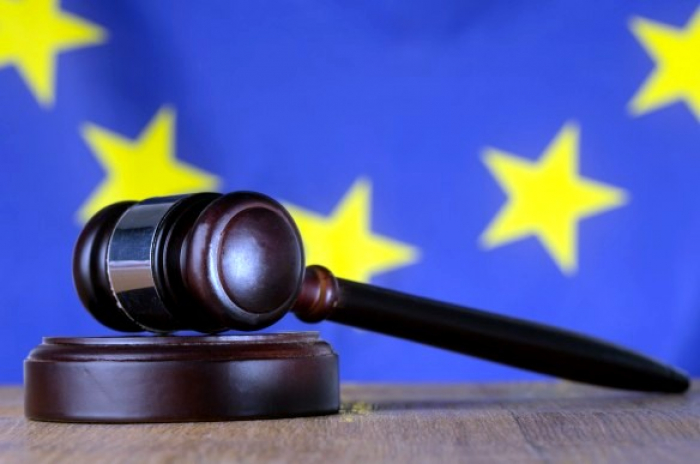European Court of Human Rights rules that election fraud took place in 2011 election in St. Petersburg
The European Court of Human Rights ruled that the right to free elections had been violated
Press release, 01.06.2017
The European Court of Human Rights ruled in favour of the complainant who had filed a petition against mass-scale election fraud of election results to the Legislative Assembly of St. Petersburg and the State Duma in 2011. The complaints are candidates for deputies of the regional parliament, members of electoral commissions and election observers from the opposition parties who worked at different polling stations of St. Petersburg, including Yabloko representatives.

According to the complaints, on 4 December, 2011, as the election day was over, they received final ballot results reports, which were transferred to the territorial election commissions in their presence. However, it turned out that the data, which were entered into the State automated system (SAS) known as the “Vybory” (“Elections”) system (the official election results), considerably varied with the data on the reports. These discrepancies ran into thousands of votes.
For instance, the true number of votes for Yabloko at the constituency No 17 differed from the data entered into the SAS system by nearly 1000 votes, at the constituency No 22 it differed by 1500 votes, at the constituency No 33 it differed by 2000 votes. According to the complaints, these votes were attributed to the candidates from the ruling United Russia party.
Yabloko’s candidate for a city parliament deputy Vladimir Belyakov was one of those who was affected by the election fraud. In their turn, election observers and election commission members reported that their electoral rights were violated because they voted at the polling station where they were working on 4th December.
The appeals that were forwarded to St. Petersburg Electoral Commission, the Investigative Committee and the Prosecutor’s Office as well as the appeals to Russia’s courts of different levels turned out to be ineffective. The only victory was gained at the Constitutional Court of the Russian Federation when the complaints gained the lawful right to dispute the election results, writes Andrei Davydov, one of the complaints, on his Facebook page.
The European Convention on Human Rights ruled in favour of the complaints finding the violation of the Article on the right to free elections of The European Convention on Human Rights. As a result, the Russian Federation will have to pay 7,500 Euro in damages to four complaints (candidates for deputies). Moreover, $8,000 must be paid to cover legal costs.
Head of Yabloko’s faction in St. Peterburg Legislative Assembly Boris Vishnevsky hails the decision of the European Court of Human Rights. However, he admits that there is mow practical point in it because the 2011 election results will not be reconsidered. But Vishnevsky admits that the decision is quite important from the psychological point of view. “An independent court stated the facts, which we had known for a long time, which Russian courts refused to acknowledge. Maybe, taking this case into consideration, they will treat the complains on the violations at the election of 2016 and the forthcoming elections in a different way,” he says.
“Of course, some very serious election fraud took place in 2011,” notes Vishnevsky, who was elected to the city parliament despite the fraud [he was reelected in 2016]. “Electoral commissions were comfortably rewriting ballot results reports in favour of the United Russia party for a week (!) after the election day. It was reported that they were recounting votes – without any grounds for it, without members of electoral commissions and observers from the opposition. As a result, United Russia and LDPR gained the majority in St. Petersburg Legislative Assembly (which they did not gain according to the real data). Due to this Yabloko lost one or two mandates,” Vishnevsky explains.
Yabloko does not acknowledge the 2016 election results to the State Duma as well as to some regional parliaments, for instance, in the Republic of Tatarstan and the Novgorod Region.
Posted: June 1st, 2017 under Elections, Human Rights, State Duma Elections, YABLOKO's faction in St.Petersburg Legislative Assembly.






